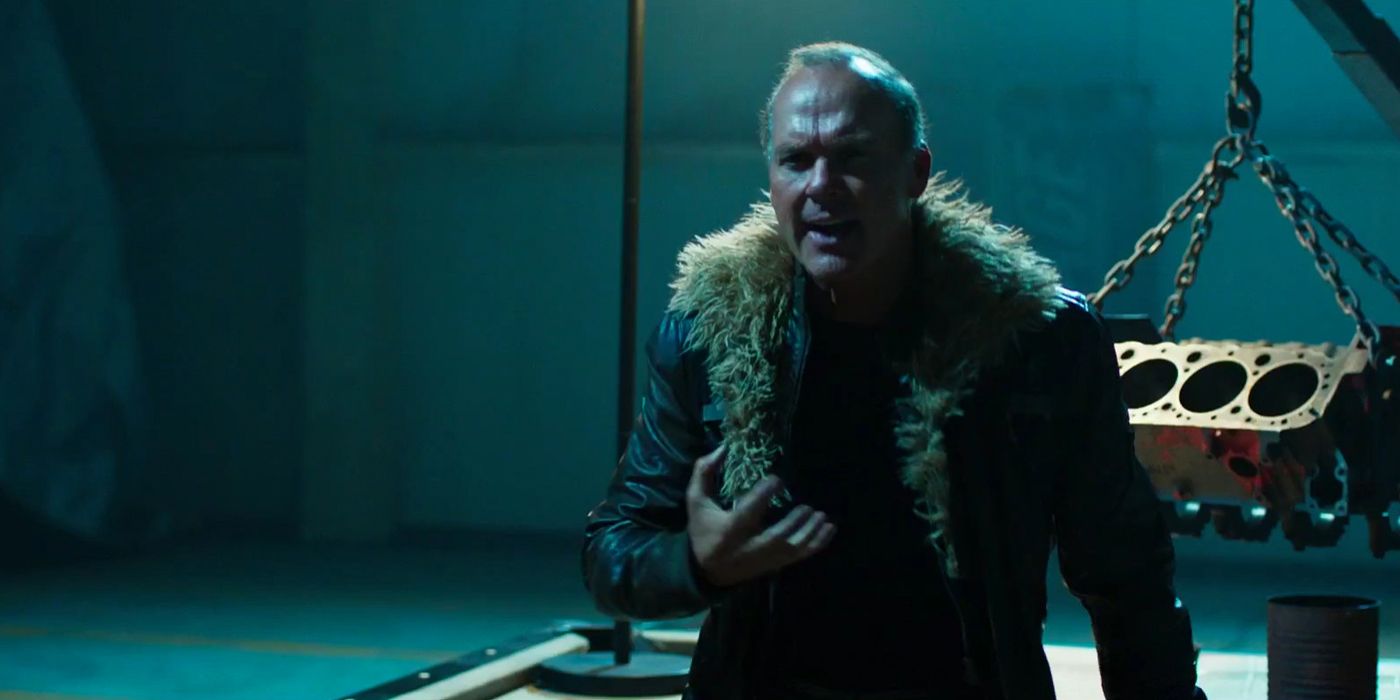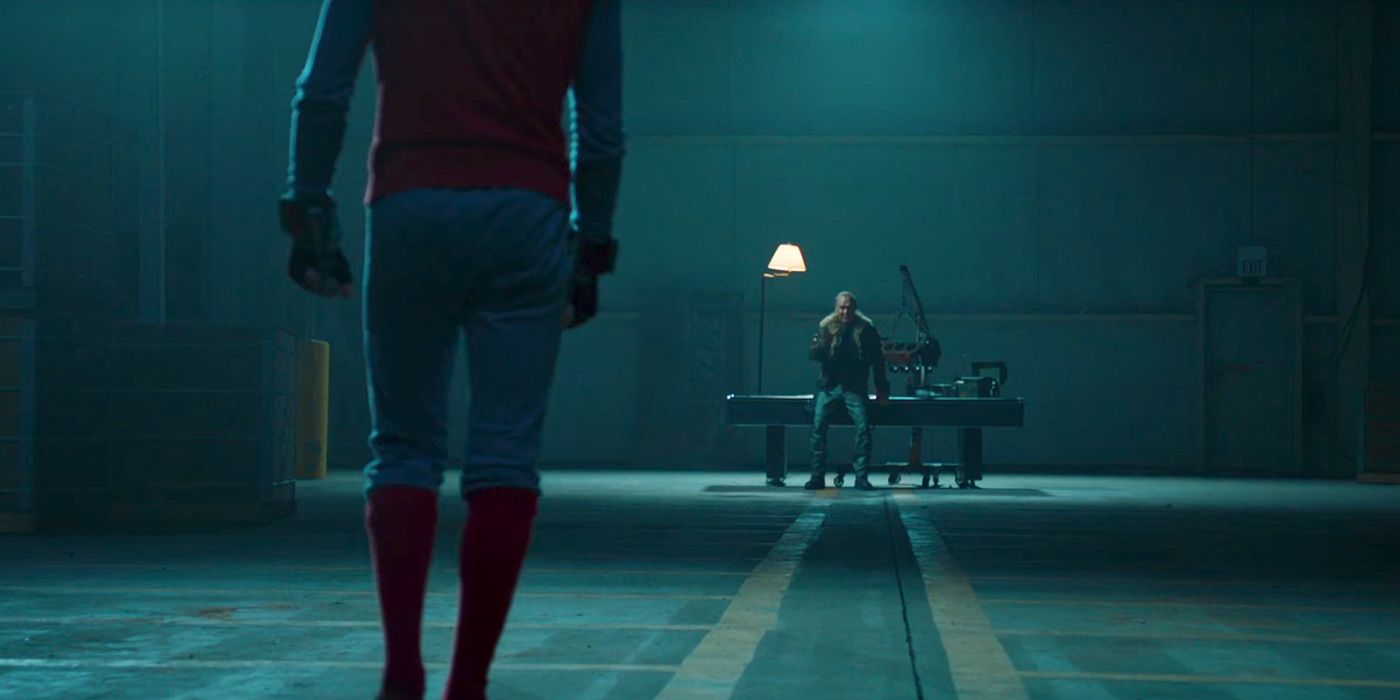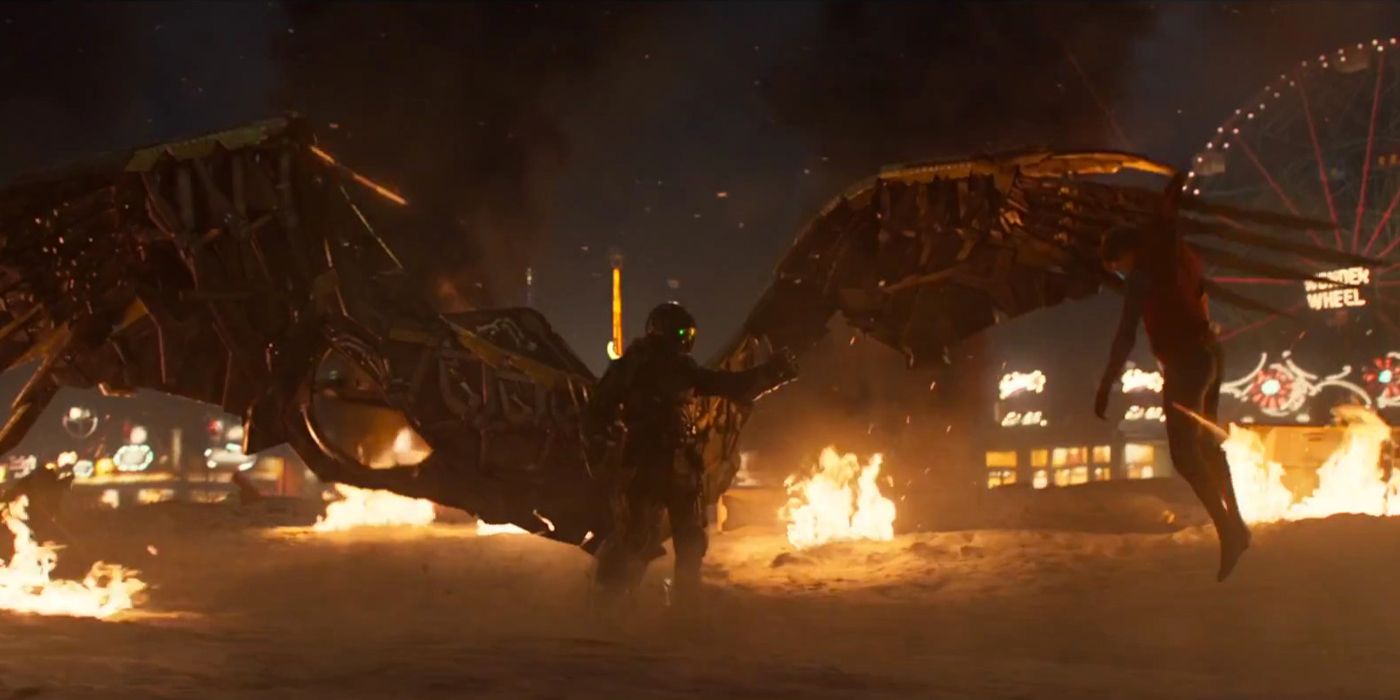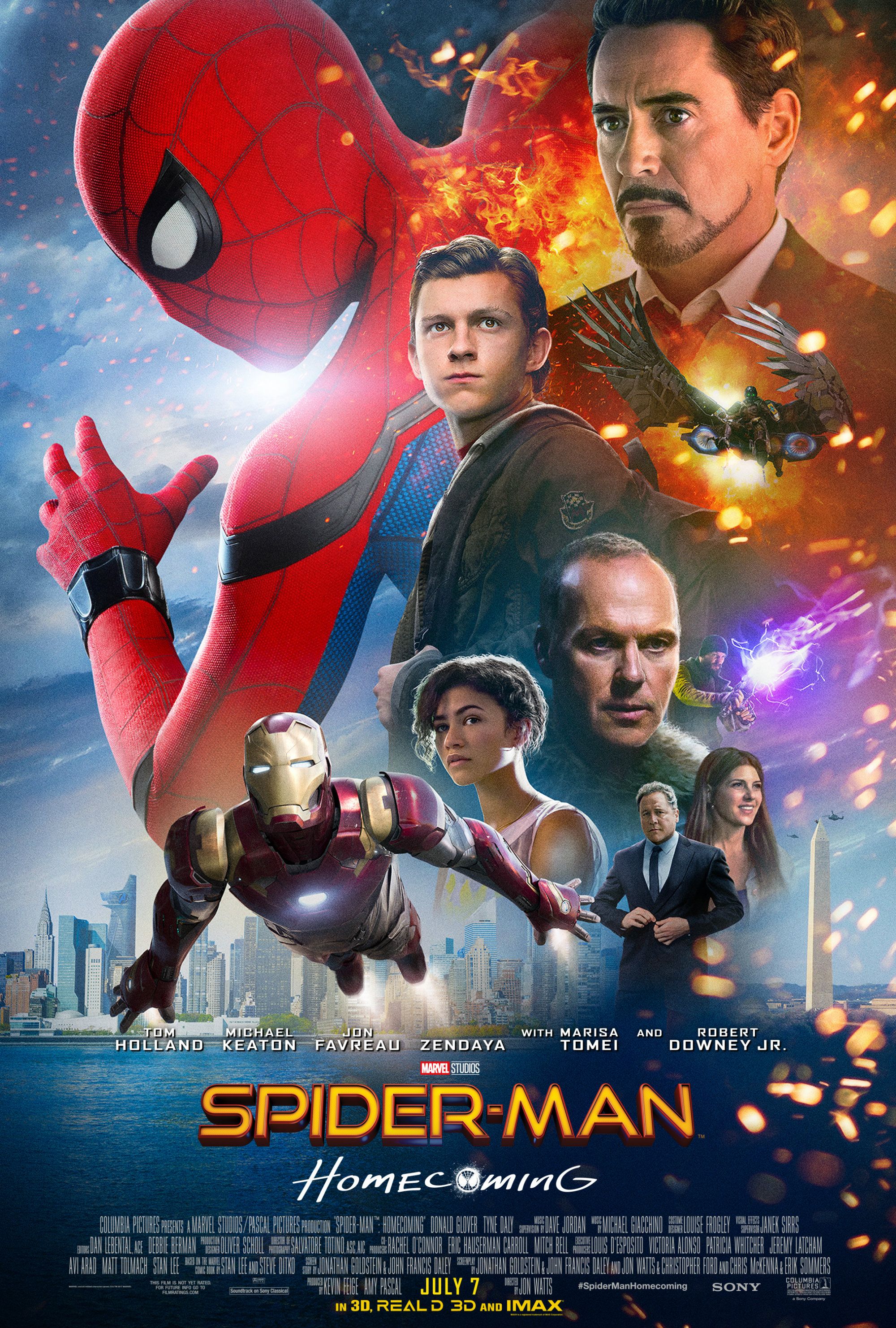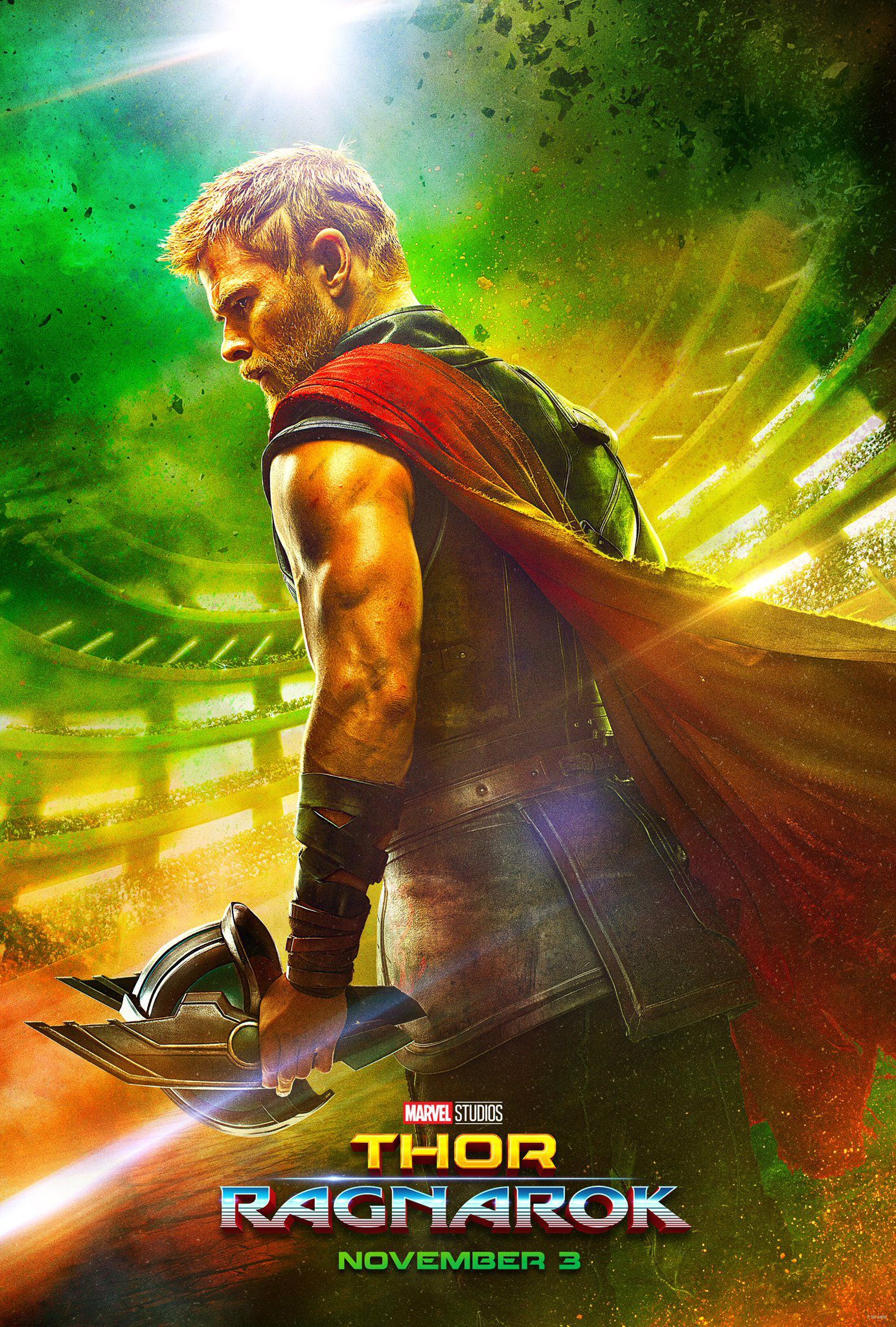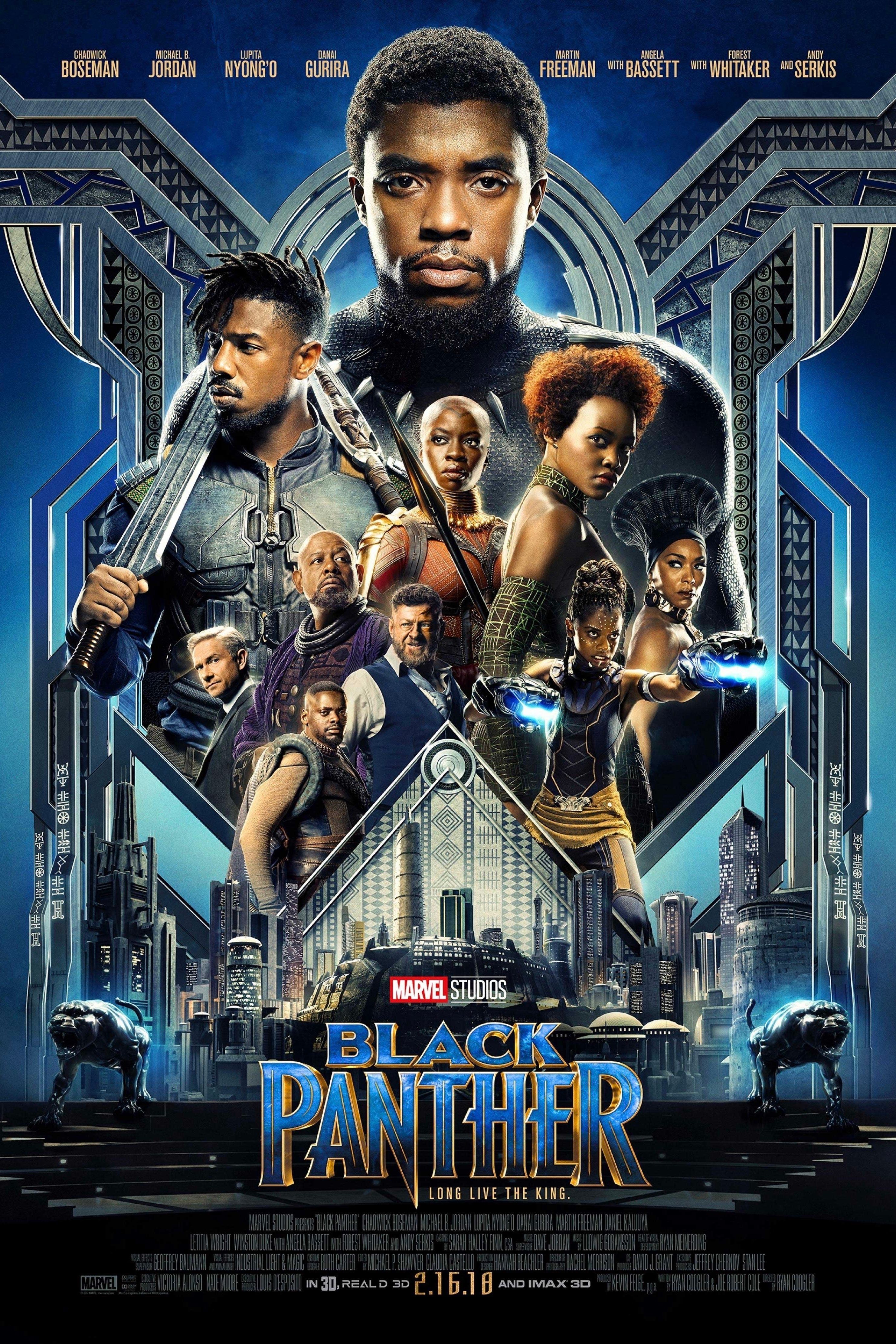Spider-Man: Homecoming offers a lot of good stuff for fans of Peter Parker, the MCU and superheroes in general, but perhaps its biggest achievement is pulling off one of the greatest villain twists in the history of the genre. The primary bad guy in the film is the Vulture, a character we've been waiting a long time for - Sony first tried to adapt him in Sam Raimi's canceled Spider-Man 4 and he was going to be a part of the now-cancelled Sinister Six - although it's fair to say they probably couldn't have done him any better than the version we got here.
For starters, Michael Keaton is fully committed to the role and makes for an understandable (if still fully deplorable) villain, although it's the conception that's so brilliant. Like Peter Parker, the Adrian Toomes we get in Homecoming is an ideologically faithful take on the source, just with a twist to make him more integrated into the MCU. Here that means instead of being a business owner driven to crime after being swindled out of his company by a devious partner, in the movie his clean-up crew is made obsolete by Damage Control, a subsidiary of Stark Industries. This technically makes him initially more of an Iron Man adversary, but through the involvement of a plucky teen he becomes directly involved in the affairs of high school-focused Peter Parker.
And here's where it gets interesting. Shortly before the movie came out, Jon Watts said there was a lot of the film that isn't in the trailers, and it turns out he wasn't just saving face. There's certainly a lot of elements in general not in the trailers, especially in regards to the inner-workings of Midtown High School, but perhaps the real genius of the marketing is how it hid the biggest twist - a moment so shocking that it's been met with hushed gasps and subsequent rounds of applause in screenings.
The Vulture Is Liz's Father
Let's have a quick refresher, just to bask in the brilliance of it if nothing else. It's the night of the Homecoming dance and Peter's got a date with ultimate cool girl Liz; he's been forced out of vigilantism but as a result is finally getting his normal life together. After a pep talk from Aunt May, he knocks on the door and is greeted by Liz's father - none other than Adrian Toomes. There's a short moment where you may question if we're heading into the "villain has captured the love interest" narrative, but as Peter steps in he and us both learn something much more disturbing; the secret side of the Vulture's life is a domestic bliss.
This leads to one of the most awkward "meet the parents" cases ever committed to film and a painfully drawn out villain discovery scene that plunges us right into the third act. Now, we'll get into how layered and truly genius this is in a moment, but it's fair to say the pure shock value is immense, and Tom Holland sells it brilliantly; he's awkward in an inherently natural way that feels terrifying with the use of dramatic irony. How did Sony pull it off?
Next Page: [valnet-url-page page=2 paginated=0 text='How%20Was%20This%20Kept%20A%20Secret%3F']
How Was This Kept A Secret?
Like any good twist, Homecoming's reveal follows several standard narrative rules: it comes at an unsignalled point in the story, making it surprising for happening as much as content; it uses a previous turn to further let your guard down, in this case that Liz likes Peter; it's logical within the world established yet doesn't feel obvious; and it makes sure that everything has a direct character impact. There's also a definite John Hughes influence to the scenario. But there's actually something more brilliant ticking away here enabling it to hit as hard as it does - the pre-release approach.
As we already said, the trailers were pretty light on the school side, and this meant that audiences went in with minimal notions of where everything was going. It was revealed that Vulture would learn Peter's identity - we had a moment direct threat and saw the pair face each other unmasked in the early trailers - but the context was so slight that how this came about wasn't clear. This was a good move from what has otherwise been described as a terrible marketing campaign, although Marvel and Sony's trickery went deeper.
This relationship obviously isn't how it is in the comics - in print Toomes' main personal link to Peter was being a romantic interest to Aunt May - which is actually a major part of how they were able to slip it by. Every major character in Homecoming has a direct comic parallel, but like how Spidey and Vulture are adjusted, not all of them are perfect correlations. Now, Liz is clearly inspired by Liz Allan, a character originating back to Spidey's first appearance who played an essential part in the 1960s high school drama - she was at first Peter's unrequited love, only for things to flip due to a mixture of an emergent Spider-Man connection and rivalry when Peter starts dating Betty Brandt. This isn't too far off Liz in Homecoming, and so everyone assumed it was a simple adaptation.
However, she was never actually called by her surname in any of the official marketing - that widespread Allan allocation was entirely the part of presuming reports, with Marvel essentially using fans' familiarity with the source against them; they locked off any consideration that Laura Harrier was playing Elizabeth Toomes. In the modern age of high-pressure superhero filmmaking, this is a novel, new-age approach, understanding how fans and the media dissect information.
Of course, there was a very near run-in. Another un-surnamed classmate of Peter Parker's was Zendeya's Michelle. As the only character without an obvious naming parallel, there was much more speculation about who she'd be; the popular assumption was that she was the MCU's version of Mary-Jane Watson, something that was repeatedly denied (in the end it turned out Michelle actually is the MJ character, with the same initials and a transference of her cool girl personality to Generation Z). However, a month or so ago, an alternative idea popped up: according to people who'd read the junior novelization, she was the Vulture's daughter. That was swiftly disproved, although it's now evident this was a close call wih the truth. In fact, the most likely explanation for the rumor is that someone found out the Liz twist and conveyed it as "Peter's love interest", which was then taken to mean Michelle. It's a wonder that this wasn't spoiled in the clarification but is a relief.
But this isn't just a well-executed turn - it's pretty essential in making the entire third act of the movie work as well as it does.
Next Page: [valnet-url-page page=3 paginated=0 text='Why%20The%20Villain%20Twist%20Is%20So%20Good']
Why The Twist Is So Good
The twist excels because of how it unexpectedly smashes the two sides of Parker's life together. Up to this point, we have the high school side and the superhero side walking a tightrope, with the burden of balance entirely on him - he chooses when to be Spider-Man and while there's plenty of overlap and conflict, he's mostly able to keep them away from every truly messing up his life. Indeed, at the time of the dance he's very much in a state of school-life recovery. Having Toomes forced into the personal side throws off that balance and directly challenges Peter to make a choice of who he is inside.
In fact, until Keaton opens the door, the high school setting could be dismissed as superficial to the narrative. It's obviously the key to the story and character arc - the frustrations with being treated like a child are certainly the product of teenage overreach - but in terms of base events there's nothing that requires this film to be set in high school against what we had in The Amazing series. Of course, you could go into the film with this relationship up front, but having it surprise both us and Peter makes for a struggle that actually challenges the safety of the environment.
This in turn addresses several of the genre's conventional origin story issues. Yes, we're not dealing with the usual "origin story" per se - the spider bite and Uncle Ben murder still haunt Peter, yet are very much in the past - but as this is a coming-of-age tale about a hero grappling with his dual life it follows many similar beats. The danger with these stories is that they're usually so insular in focus on the hero the villain can feel like an afterthought - indeed, the good Spider-Man films (Raimi's first two) are the ones that manage to thread their antagonist through Peter Parker's life at various points, whereas the others either provide too many baddies to resonate or, in the case of The Amazing Spider-Man, keep them too distanced from the main story (in that case the Gwen Stacey romance). Homecoming avoids that (when it could have easily happened) by building Vulture as a strong physical threat then making him part of the major thematic push - the power of family and sense of belonging.
And, in mirroring the eventual decision Peter will make regarding Aunt May and The Avengers, it also gives us a reason to finally understand Toomes. Since the extended prologue with him in the aftermath of The Avengers, it's clear Watts wants us to empathize with Adrian despite his standard villainy, but it's only when we see his hitherto disconnected home life that the motivations powering the life of crime become crystal clear. In the subsequent scene in the warehouse where he explains his feelings to Spider-Man (before trying to hit him with the Vulture wings) you almost get a full sense of sympathy and understanding of his entire enterprise, mainly because he cares about Liz in a manner similar to our hero. Watts then solidifies him as a bad guy with the murder attempt, but it's an enlightening interlude powered by the thrust of the twist; being delivered all in one go, unlike the similar situation with Norman Osborn in Spider-Man, it hurts and shocks the audience.
-
Marvel and Sony have kicked off Spider-Man's time in the MCU with a bang; they gave us the biggest surprise of the whole run and with it an antagonist that, without even drawing attention to it, manages to fully circumvent the villain problem. Now that's a genuine shocker.


